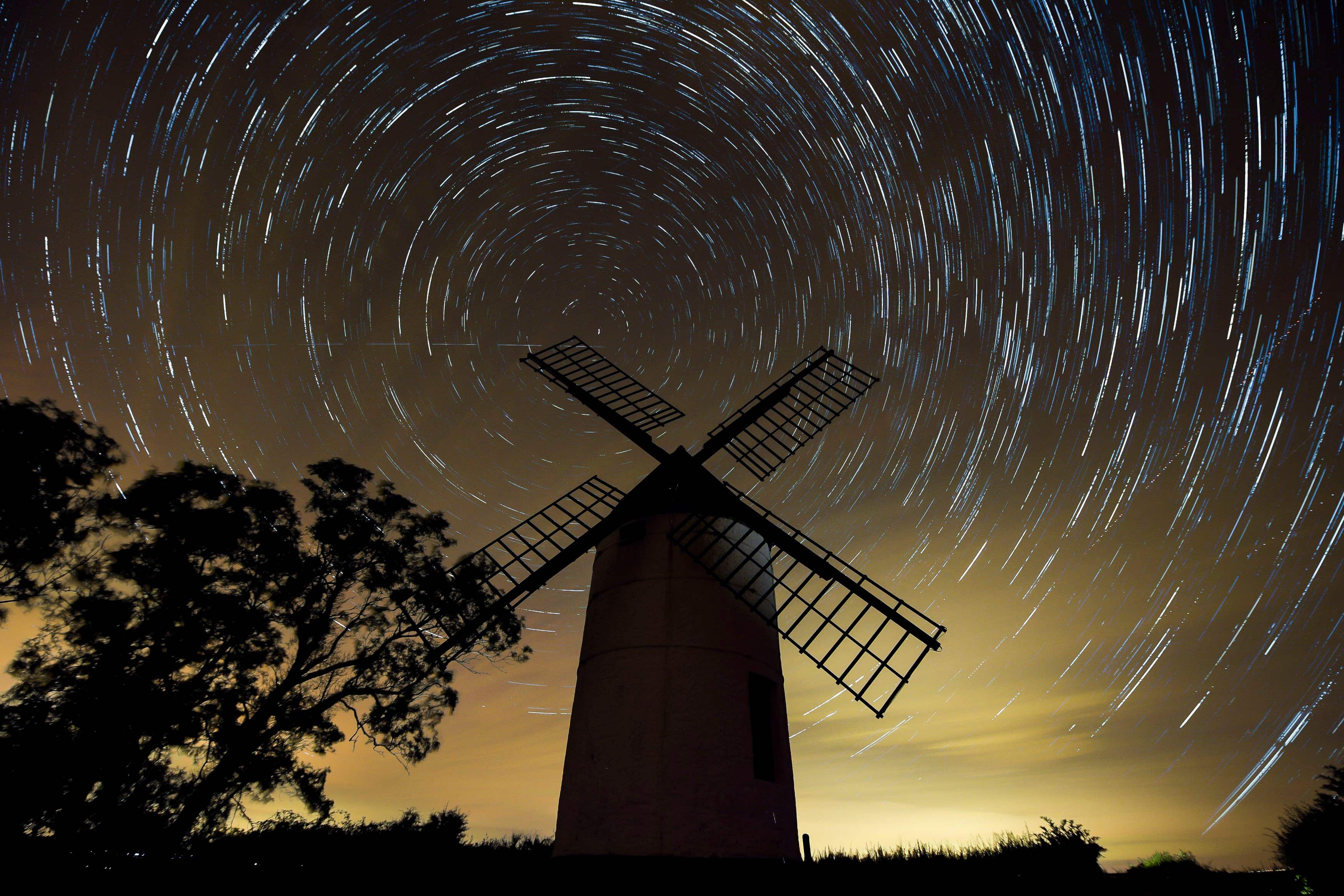East of England had best views of Perseid meteor shower, Met Office says
However, forecasters say that stargazers in Scotland and Northern Ireland may have better luck on Sunday night.

Your support helps us to tell the story
From reproductive rights to climate change to Big Tech, The Independent is on the ground when the story is developing. Whether it's investigating the financials of Elon Musk's pro-Trump PAC or producing our latest documentary, 'The A Word', which shines a light on the American women fighting for reproductive rights, we know how important it is to parse out the facts from the messaging.
At such a critical moment in US history, we need reporters on the ground. Your donation allows us to keep sending journalists to speak to both sides of the story.
The Independent is trusted by Americans across the entire political spectrum. And unlike many other quality news outlets, we choose not to lock Americans out of our reporting and analysis with paywalls. We believe quality journalism should be available to everyone, paid for by those who can afford it.
Your support makes all the difference.Stargazers in the east of England had the best views of the Perseid meteor shower on Saturday night, forecasters said.
The Perseid meteor shower is one of the highlights of the year for many sky gazers due to its high hourly rate and bright meteors, caused by the Earth slamming into the debris left behind by comet 109P/Swift-Tuttle in July and August every year.
However, many of those who turned out to see the meteors would have been disappointed, with cloudy weather covering much of the UK including Scotland and Northern Ireland.
Tonight, most likely Northern Ireland and Scotland will see some clear breaks but there's still quite a lot of cloud around
Greg Dewhurst of the Met Office said the best place to watch the showers last night was “eastern parts of England, overall”.
He said that disappointed stargazers in Scotland and Northern Ireland may have better luck on Sunday night.
“Tonight, most likely Northern Ireland and Scotland will see some clear breaks but there’s still quite a lot of cloud around.
“So for most of the UK, it will be quite a cloudy night.”
He said that August 12 and 13 are the peak of the showers.
“They start easing after today,” he added.
It is called the Perseids because the meteors seem to originate from the constellation of Perseus.
The shower is considered one of the best of the year because it produces bright meteors and is one of the most active.
There is also a high chance of seeing fireballs, which are very bright meteors, as well as meteors with long trains.
According to the Royal Astronomical Society, meteor showers are easy to watch and no special equipment is needed.
Experts suggest it is better to try to spot meteors when the Moon is below the horizon or when it is in its crescent phase, because otherwise it acts as natural light pollution and will prevent the fainter meteors from being visible.
The shower will continue until August 24.